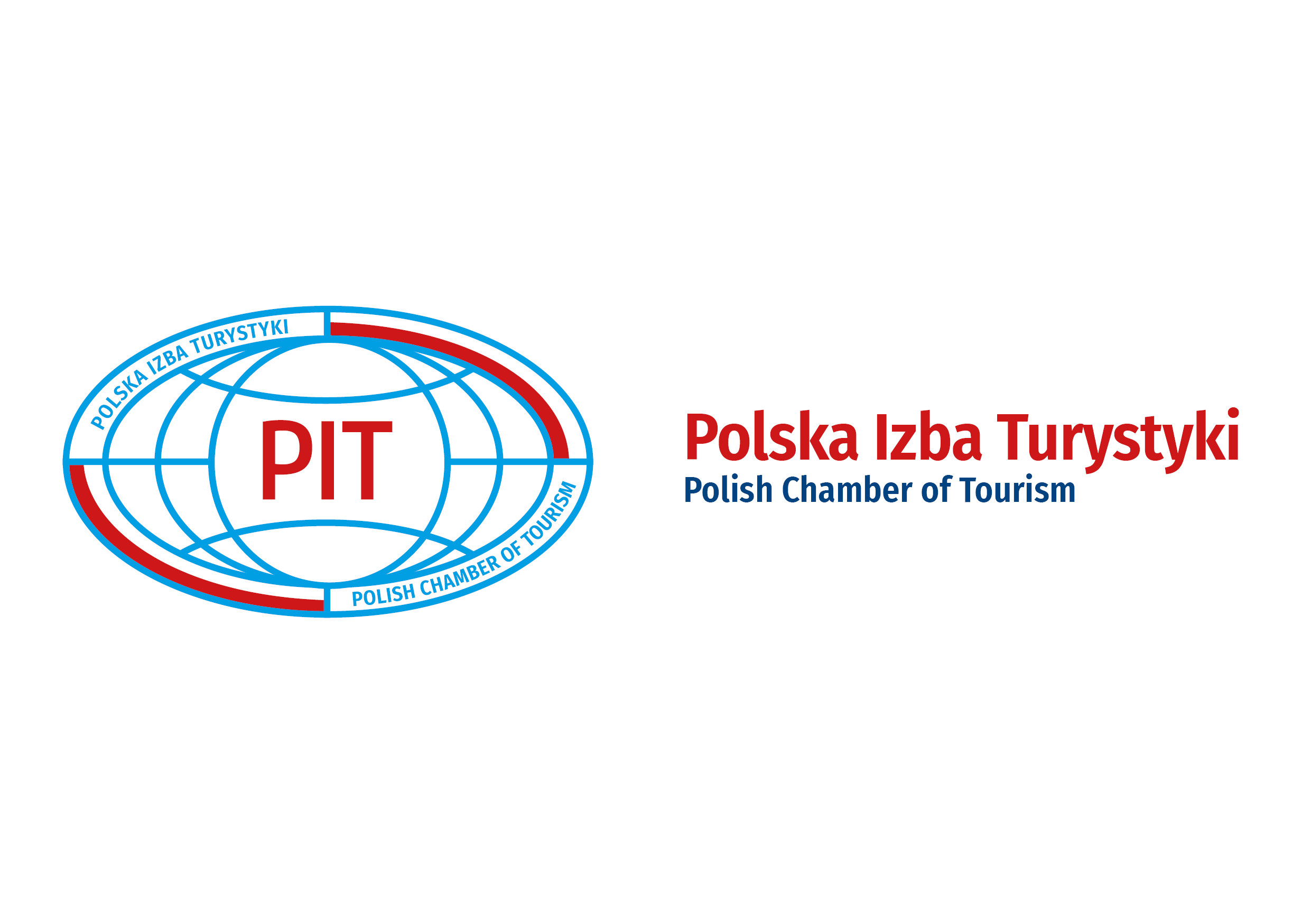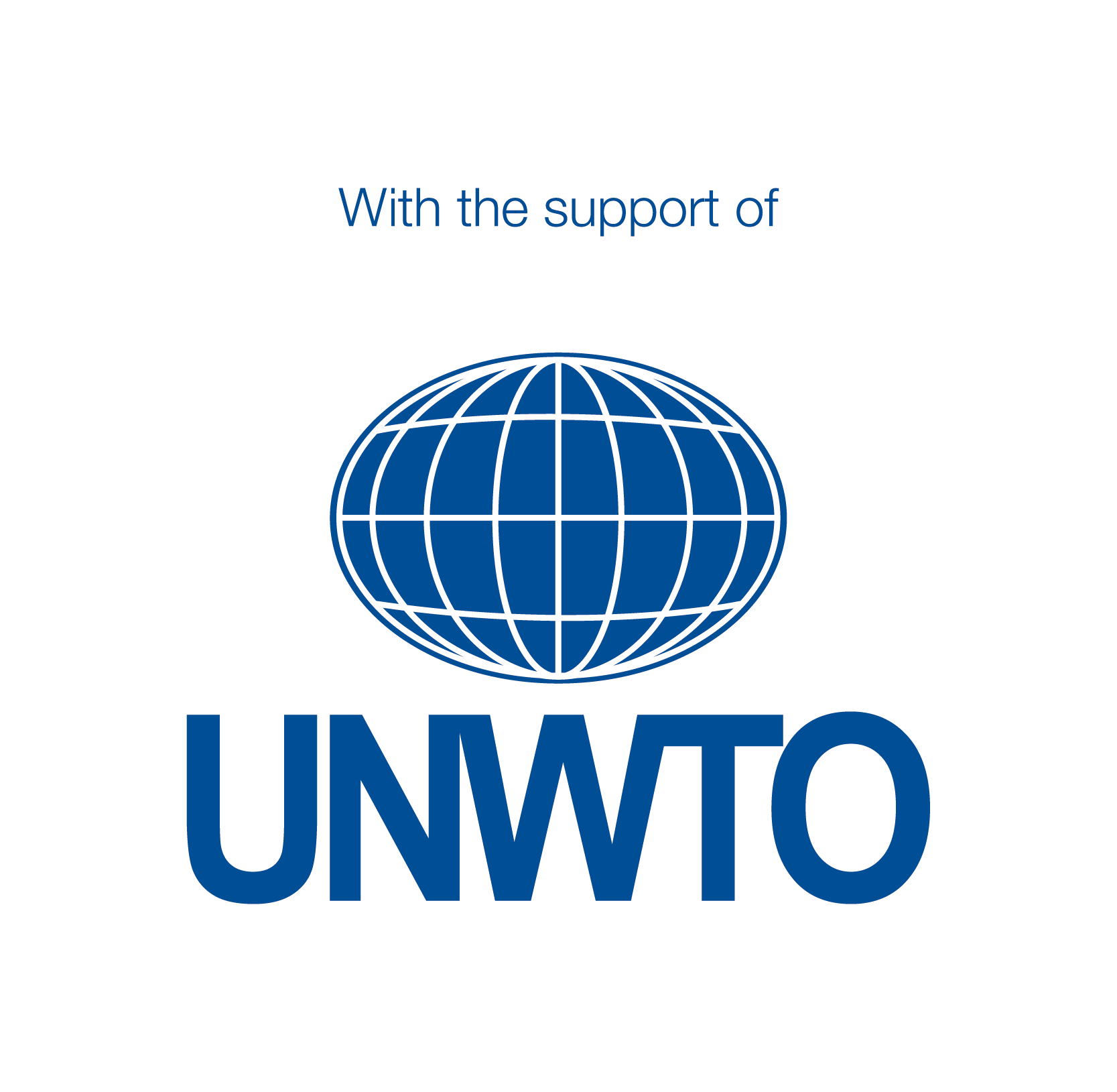Konferencja 2018 – wideoThe present-day constantly increasing tourist traffic means that the processes of the city functioning and the development of local entrepreneurship should lead to limiting the conflicts caused by the development of the tourist function, even at the price of its reduction. The fact that the urban layout of historical cities has limited capacity means that tourism management is becoming increasingly more difficult as it has to take into account the diversity of stakeholders and their points of view. Competing for city resources may lead to a conflict of functions, which is manifested by the gentrification of the city which is dangerous for the life of the city. In addition, management must take into account the development support of local entrepreneurship. Meanwhile, the high quality of the life of residents and stay is to be the overriding objective of local sustainable development strategies. Do residents and visitors stand on opposite sides? Maybe residents and visitors are one local community? How to improve the quality of life and the comfort of visitors?
The date of the conference: 1-2 March, 2018 – ICE Cracow Congress Centre, Cracow
The conference is aimed at local governments, non-governmental organizations and the tourism industry
The program includes three discussion panels preceded by a case study of Amsterdam, Bregenz and Edinburgh.
I am lucky to live
where others can only come for a moment
























